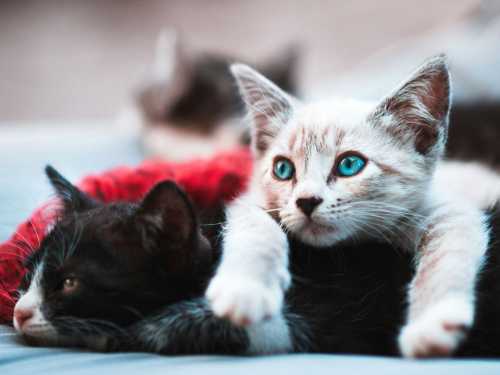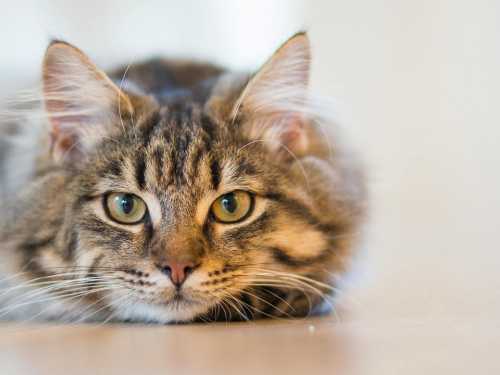
Unfulfilled sexual instinct is a source of severe chronic stress for a fertile (not neutered) cat, which causes it to suffer, and its owners to suffer the consequences. And castration is a simple external operation, thanks to which:
- peace will return to the house (the cat will stop screaming wildly and being rowdy);
- property will not suffer from urine marks (its smell is practically irresistible);
- the animal will cease to suffer from an unmet need.
The optimal age for castration today is considered to be 4-6 months, before puberty. The previously widespread belief that the operation should be postponed until 7-8 months due to the risk of developing diseases of the genitourinary system is not confirmed by modern studies. On the contrary, early castration prevents the formation of undesirable habits.
But there is no point in waiting for the permitted age if the pet has already started marking the territory. Because he can “get used to it”. And do not postpone the operation indefinitely if there are no marks – ideally it should be carried out by 1 year.
Some time after castration, the animal's hormonal background will change and urine marking will disappear. The cat will limit itself to more tolerable (for the owners) methods of marking possessions: scratches and marks with a special secret, which, thank God, has no color and is not recognized by the human sense of smell.
But, as mentioned above, sometimes a cat gets used to it and continues to “use” urine.
As for the maximum age, modern veterinary medicine is categorical: there is no upper age limit for castration. A healthy cat can be castrated at 8, 10, or even 12 years old. The main criterion is not age, but health. Of course, anesthesia risks increase for older animals. That is why before surgery, an elderly cat must undergo a thorough examination: blood tests, heart ultrasound, and other necessary procedures. This allows the veterinarian to assess the risks and choose the safest anesthesia protocol.
Sometimes you may hear the statement that “all cats have a very hard time with anesthesia,” but this is outdated. Modern anesthesiology, using gas anesthesia and constant monitoring, is quite safe, and the risks for a healthy animal are minimal.
The feeling of inferiority in a neutered cat is one of those naive myths that attribute human abilities to the animal. And there is no harm in castration performed by a qualified veterinarian and at the appropriate age.
The surgery itself does not cause disease, but it is an important risk factor that needs to be controlled. After castration, a cat's metabolism slows down by about 20-30%, which means that it needs fewer calories to maintain a normal weight. If the owner continues to feed it the usual portions, the animal will quickly gain excess weight, which increases the risk of obesity, kidney stones and diabetes.
So, the cause of the problems is not the castration itself, but rather the adjusted diet and insufficient activity after it. The owner simply needs to switch to specialized food for castrated animals or reduce the portion of the regular food and encourage the cat to play.





